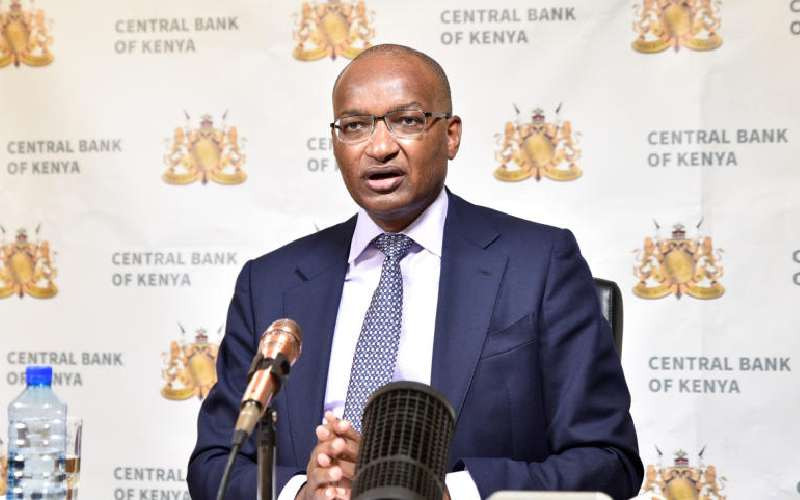×
The Standard e-Paper
Smart Minds Choose Us

Central Bank of Kenya Governor Patrick Njoroge on Monday said unnamed rogue elements in the currency market and some commercial banks had contributed to the recent weakening of the shilling against the dollar.
Dr Njoroge likened their scheme to Kenya's biggest corruption scandal, the "Goldenberg" affair, in which billions of shillings of public funds were stolen in a bogus gold and diamond export scheme.